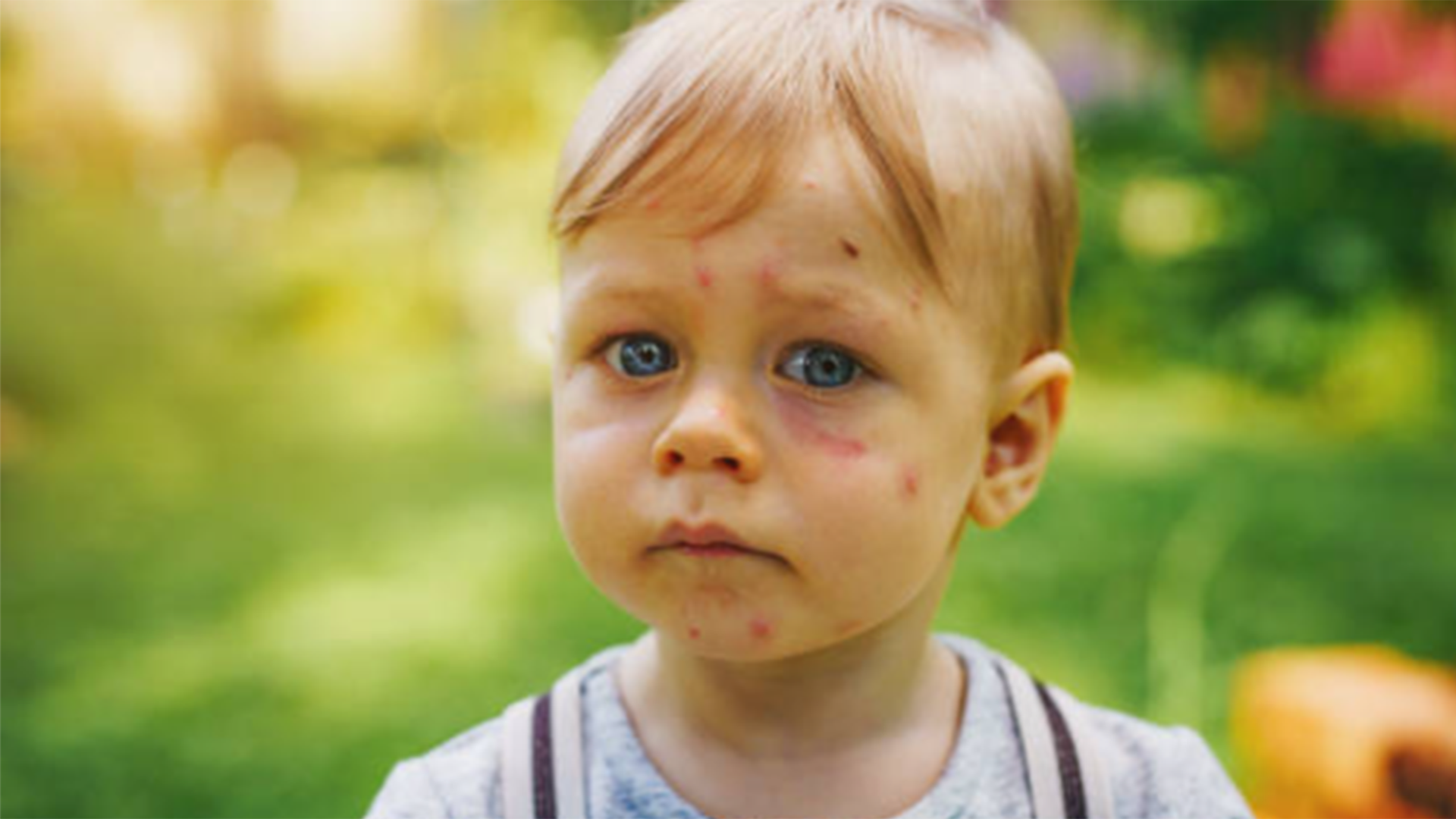Summer, holidays, excursions, days outdoors… And then there are the inevitable unforeseen events: a blow, a bite, a fall or a heat stroke. As a parent, it is natural to ask yourself: will I know how to react correctly to a minor emergency at home or on an outing with my children? In this article you can find a list of basic first aid for parents.
KNOWING HOW TO REACT MAKES ALL THE DIFFERENCE
Most childhood accidents are minor. But in these moments of tension, doubt, improvisation or even fear can create more problems than solutions.
Many parents face these questions frequently:
- “Should I apply ice directly to the skin?”
- “Do I give you water if you have heat stroke?”
- “What do I do if a wasp stings him?”
Not knowing how to act can create anxiety and, in some cases, worsen the situation.
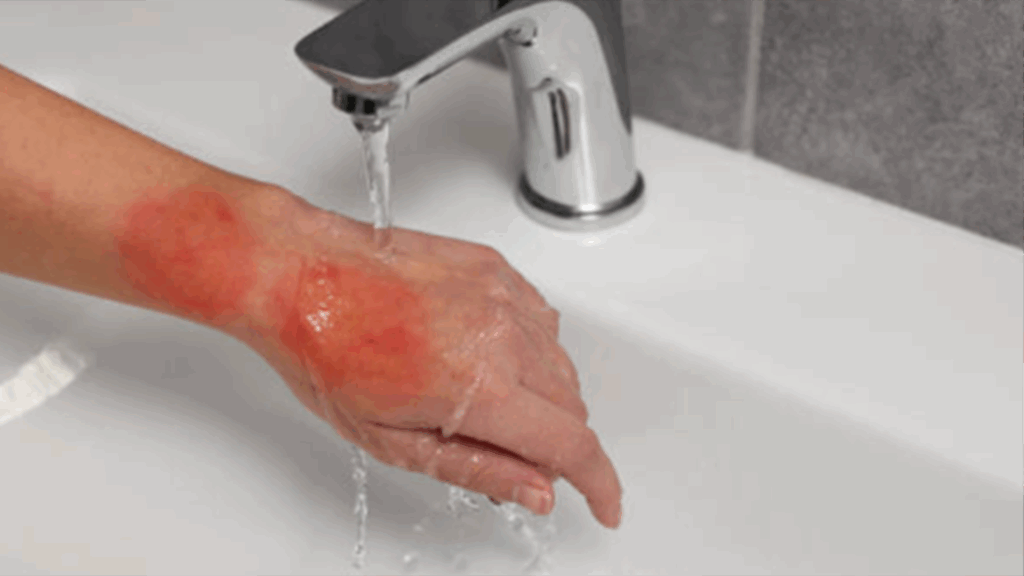
A BAD REACTION CAN AGGRAVATE WHAT IS MINOR
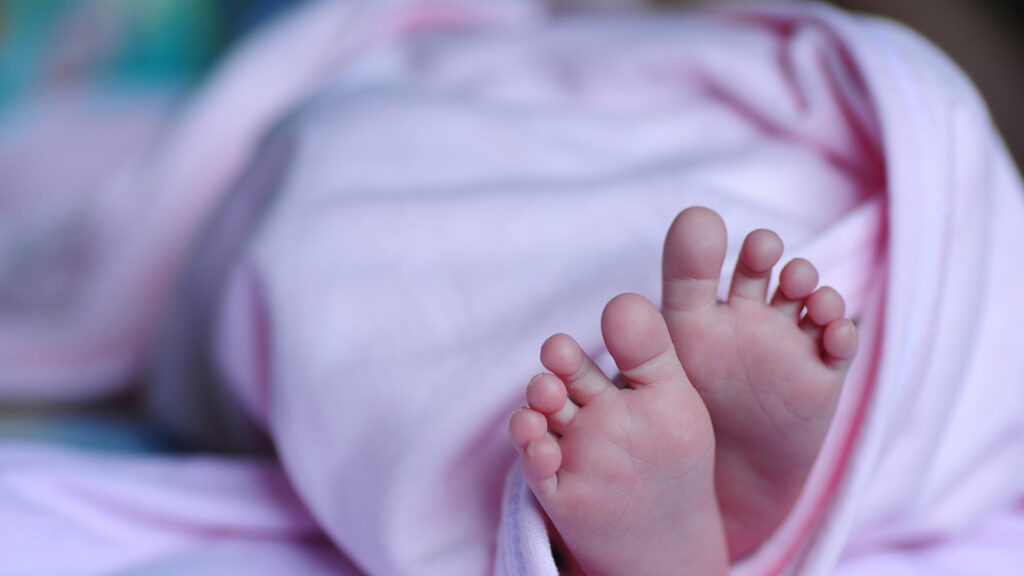
Acting on instinct or myths (such as using vinegar on a sting or completely covering a child with a fever) can have negative consequences:
- Infections from poorly treated wounds.
- Unidentified allergic reactions.
- Loss of consciousness due to heat stroke not treated in time.
According to the Spanish Association of Paediatrics, more than 80% of child accidents occur at home or in leisure activities. Being prepared with basic first aid skills can make the difference between a scare and a real emergency.
BASIC FIRST AID FOR PARENTS SAVING MOMENTS
Knowing what to do – and what not to do – in the most common emergencies is a key tool for any family. Here is a practical guide with basic first aid for parents, focusing on three common summer situations: bites, falls and heat stroke.
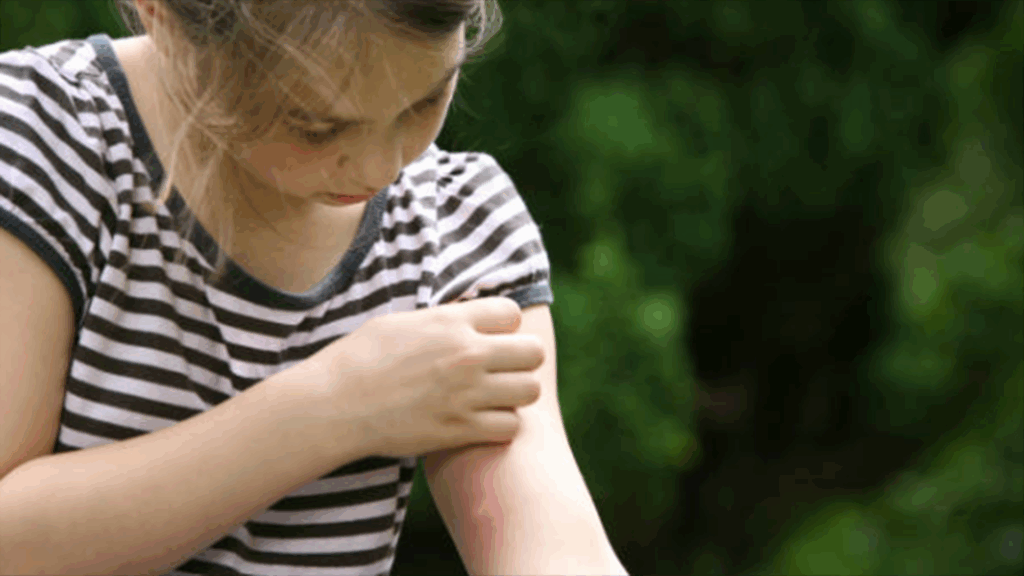
1. INSECT OR JELLYFISH STINGS
What to do:
- Wash the area with soap and water.
- Apply ice wrapped in a cloth to reduce swelling.
- If there is a lot of itching, you can apply antihistamine cream (after consulting your paediatrician).
- Observe possible signs of allergic reaction: excessive swelling, difficulty breathing, generalised urticaria. If they occur, go to the emergency room.
In case of a jellyfish sting, remove debris with tweezers (not hands) and apply salt water or vinegar.
2. FALLS AND MINOR INJURIES
What to do:
- Keep calm and reassure the child.
- Assess the blow: if there is an open wound, clean with saline or clean water and cover with sterile dressing.
- If there is a bump or swelling, apply ice with protection for 10-15 minutes.
- Observe over the next 24 hours: if vomiting, excessive drowsiness or disorientation occurs, consult a doctor.
💡 Tip: Avoid rubbing alcohol or non-prescribed ointments directly on the bruised area.
3. HEAT STROKE OR HEATSTROKE

4. WHAT TO AVOID AT ALL TIMES
- Use home remedies without evidence (toothpaste for bites, butter for burns…).
- Apply ice directly to the skin.
- Giving medicines without a paediatric prescription.
- Excessive covering of the child with fever.
- Scrub the wound to “disinfect”.
What to do:
- Take the child to a cool, shady place.
- Remove excess clothing.
- Offer fresh (not ice-cold) water in small sips.
- Refresca la piel con un paño húmedo o espray de agua.
- If there is fever, persistent dizziness or loss of consciousness, go to the emergency room immediately.
Important: Never leave a child in a locked car, not even for “a few minutes”.
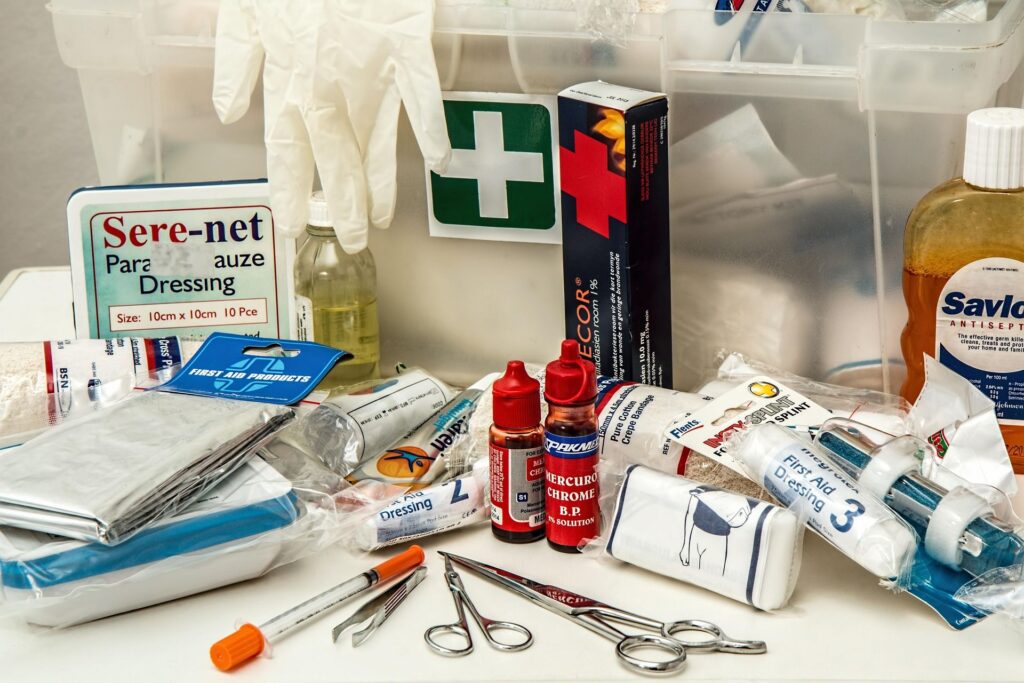
AT CASVI VILLAVICIOSA WE ALSO EDUCATE ON PREVENTION
At Casvi Villaviciosa International School, we understand that learning does not only take place in the classroom. That is why, from the earliest stages:
- We educate in prevention and self-care habits.
- We have fully qualified staff, who deal with any incident with rigour and empathy.
- We train our teaching staff in basic first aid protocols.
- In addition, we offer talks and resources to our students on how to act in situations such as these.
Safety education is also life skills training. Because when children learn to take care of themselves, they gain autonomy, confidence and responsibility.
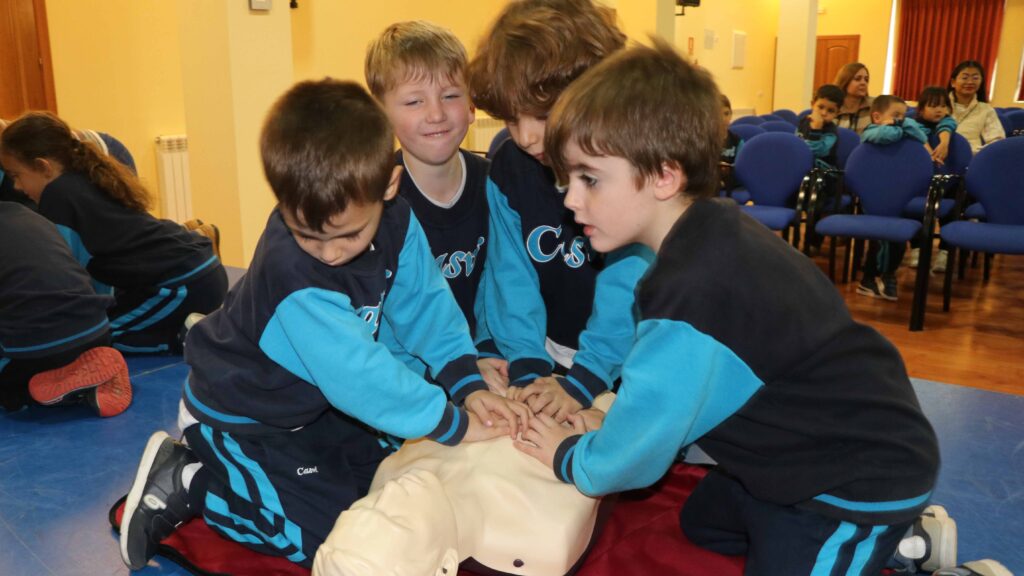
TO BE PREPARED IS NOT TO BE AFRAID, IT IS TO BE RESOURCEFUL.
With this basic first aid for parents, your peace of mind and your children’s safety will grow every day.
Sources consulted:
- Spanish Association of Paediatrics – Summer Safety
- Spanish Red Cross – Basic First Aid
- Ministry of Health – Tips for the heat
- MedlinePlus – Primeros auxilios para padres
Do you want to know how we accompany our students in all their stages, taking care of both their well-being and their growth?

